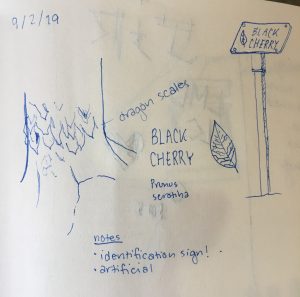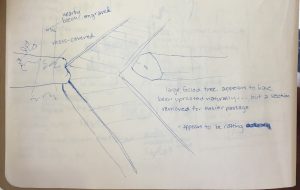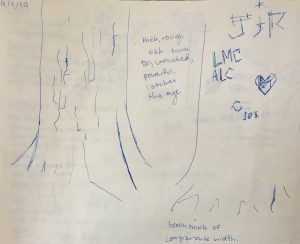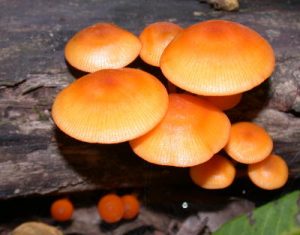pg. 213 “I have never felt lonesome, or in the least oppressed by a sense of solitude, but once, and that was a few weeks after I came to the woods, when, for an hour, I doubted if the near neighborhood of man was not essential to a serene and healthy life.”
This passage irritates me because, for the most part, I don’t believe him. In today’s world with our phones and the internet, we are constantly stimulated. There is always another social media feed for me to scroll through or some game to play. For Thoreau, things were different. While I’m sure living alone in the woods provided him with many chores and responsibilities to keep him busy, I challenge the fact that when not reading or writing in his downtime, he had to have gotten bored and lonely at some point. I believe that as humans we need some sort of interaction with one another and that life in pure isolation would lead to insanity. I think this is why he was so infatuated with the Canadian man, he was somewhat desperate for the company of another human being. We need interaction with others to live long and healthy lives as we can help each other in times of need and also with finding happiness. Thoreau later states “to be alone was something unpleasant. But I was at the same time conscious of a slight insanity in my mood and seemed to forsee my recovery” (Thoreau 213). He then writes about how his love for nature helped him overcome these feelings. While I enjoyed reading about how was able to use his appreciation for nature to help him, I think that the slight insanity of his mood came from a lack of human interaction and loneliness.




